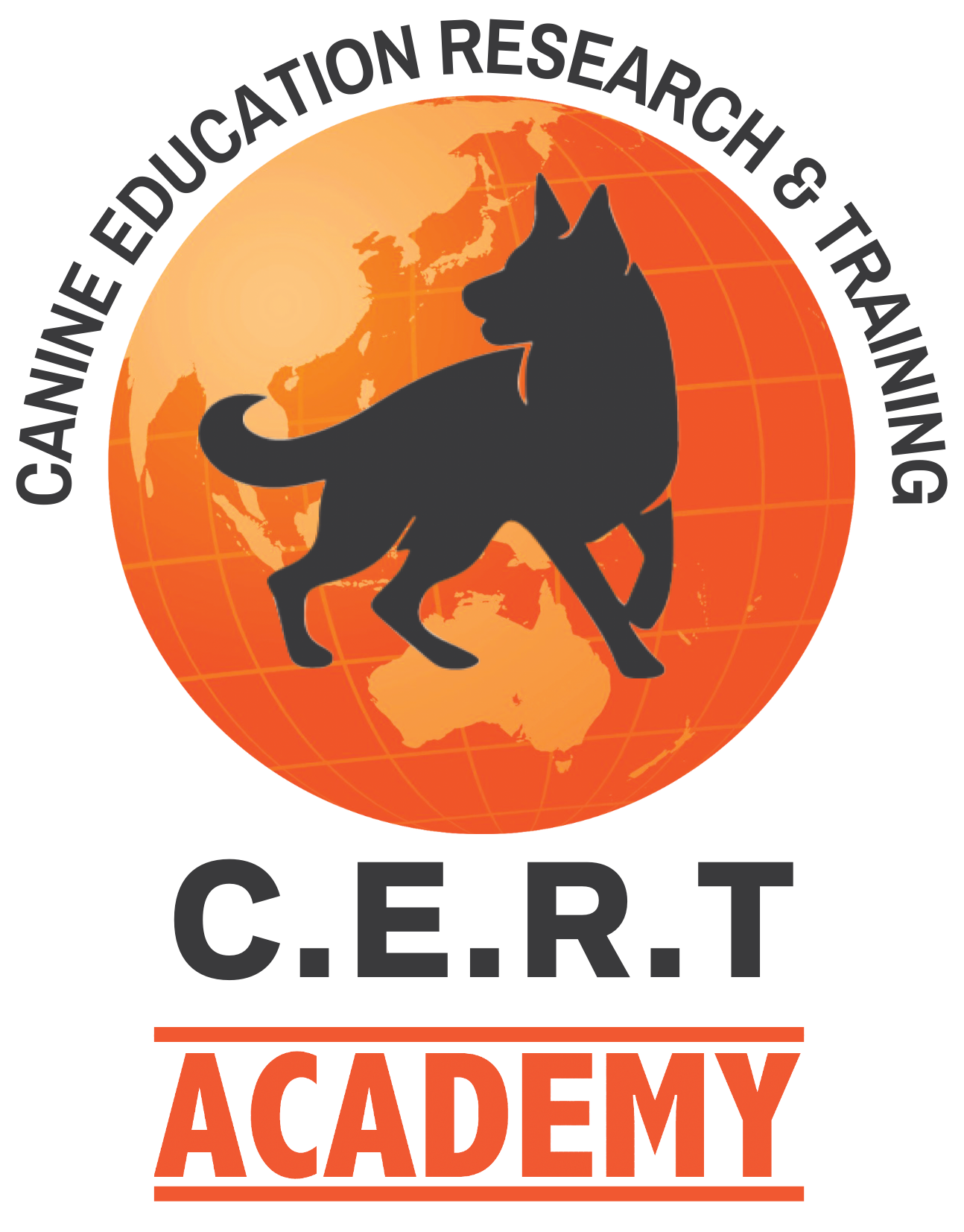This course investigates and analyses all higher-order classes of psychosocial and behaviour problems and incorporates cutting-edge strategies and applied procedures for prevention, management, treatment and rehabilitation.
The program goes into detail on the assessment, analysis and diagnosis of psychological and behavioural problems in dogs,
and the full range of treatment protocols, including pharmacological intervention, exposure therapy, and applied behaviour modification strategies. The curriculum also investigates psychological/mental disorders in dogs, including the assessment,
causal dynamics and management strategies.
This advanced-level course goes into significantly more detail on the contemporary scientific research and evidence-based practices employed when dealing with these complex psychological, developmental and behavioural problems than any comparable program worldwide.
The course curriculum includes a series of case studies, presented by professional behaviour consultants, taking students through specifically selected cases they have worked with. These case studies incorporate all aspects from the initial assessment and diagnosis, through the entire therapy, training procedures, and management process. The case studies include a diverse range of maladaptive psychosocial and behavioural problems including - but not limited to - fear reactivity/timidity, generalised anxiety disorder, hyper-reactivity, resource guarding & "dominance issues", separation stress/anxiety and related behaviours, and a range of aggression problems towards both humans and other dogs.
Unlike many other international courses, the ACBS4 program fully addresses the more contentious issues relating to serious psychosocial and behavioural issues in dogs, these include; relinquishment & euthanasia, BSL, the dominance/hierarchy controversy, livestock chasing & killing, the use of aversive incentives in behaviour modification, the role of electronic collars in training, and the effectiveness of "force-free" training when dealing with serious aggression cases. The course takes a balanced objective approach, outlining the evidence-based "pros & cons" involved in these and other contentious and sometimes bitterly debated areas.
We are aware that student's will have different reasons for completing this course and as such there are 3 elective modules. The first covers communicating with clients, owners and others involved with the dog (including veterinarians, dog walkers, groomers etc.). It goes into detail on how to advise and educate dog owners on the necessary protocols required to address the problems with their dogs, and the difficult discussions that are sometimes required in extreme cases.
The second elective module introduces students to expert legal opinion/witness work on dog-related cases. In addition to covering the processes and protocols involved, it includes real-world case studies.
The third elective is designed for those wanting to conduct professional consults for clients. It covers the how-to and logistics involved in the structure of sessions and achieving successful client engagement.
All 3 of these electives are optional (zero cost) modules for those persons who require education or competencies in these areas.
Until now there has not been a professional development program specifically designed to fully educate those persons in the industry who already have some background - often as dog trainers or handlers - in the scientific, technical, ethical and applied aspects of this specialised field.
The course is a generic program and is therefore relevant to persons from all fields and sectors. The course has been designed for - and is recommended to - carers, trainers and consultants from all sectors of the industry, particularly those involved in managing or dealing with dogs with higher-order behavioural problems.
ACBS4 is not an entry-level program and applicants will need to provide evidence of prior learning or professional experience in a relevant area to be eligible for this course.
Due to the detailed nature of this program, students will require the CERT Academy Applied Canine Behaviour & Learning 3 (ACBL3) course. As this is the first time we are offering these courses to the general public, they will run concurrently.
When you enrol for the Applied Canine Behaviour Specialist 4 Course you will automatically be enroled in the Applied Canine Behaviour & Learning 3 course, so you do not have to do this separately.
ACBL3 is currently included at no additional charge for those undertaking this ACBS4 course.
The program can be conducted largely - and in some cases entirely - by distance learning as it makes use of our extensive and detailed video library, taking students through all aspects of this specialist field. In addition, students are provided with a highly-detailed full colour e-manual and other learning resources.

